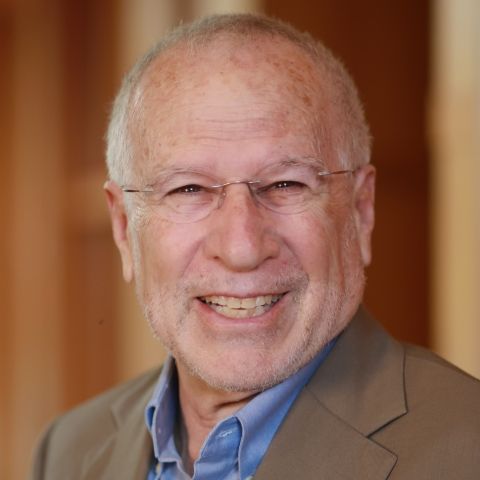
The Dilemma of Ignorance: PGA Tour, Inc. v. Casey Martin
In PGA Tour, Inc. v. Casey Martin, the Supreme Court of the United States upheld the right of the professional golfer Casey Martin to use a golf cart while playing in professional golf tournaments, despite the PGA rule requiring walking. In concluding that the Americans With Disabilities Act required such an accommodation to Martin, who has a serious circulatory disorder, the Supreme Court, by the specific words of the Act, was required to determine that the accommodation did not "fundamentally alter" the nature of the activity. Yet in determining that riding rather than walking did not fundamentally alter the nature of professional tournament golf, the Court was required to make determinations as to which it had little information and even less expertise. In this respect, however, the case was more typical than unusual, for increasingly the appellate courts are compelled to get their own information and expertise in a relatively unconstrained manner. Whether such dabbling well outside of any plausible domain of judicial comparative advantage is desirable, however, presents an important issue of judicial policy that the Court's confident assertions about golf expertise did more to obscure than illuminate.